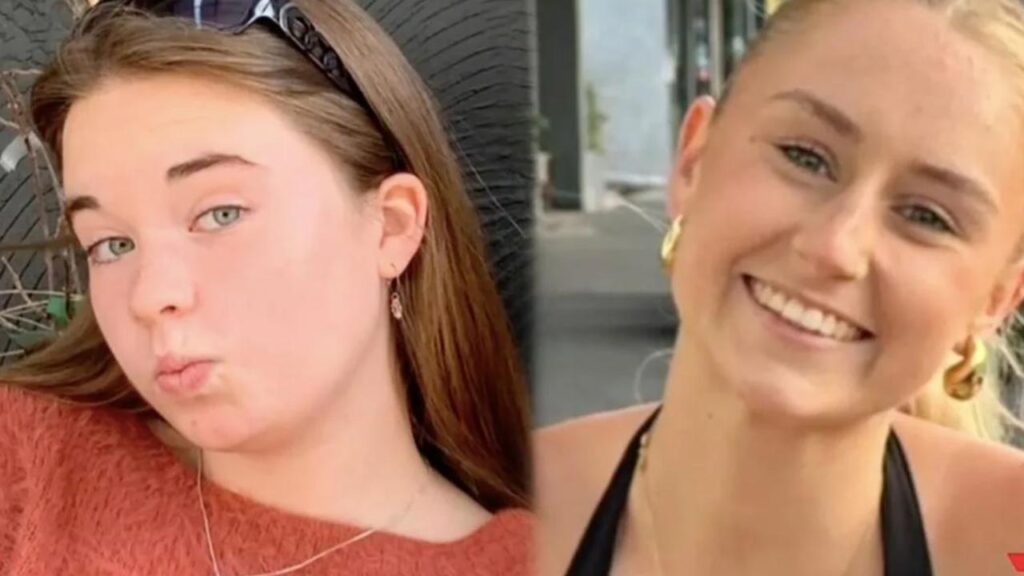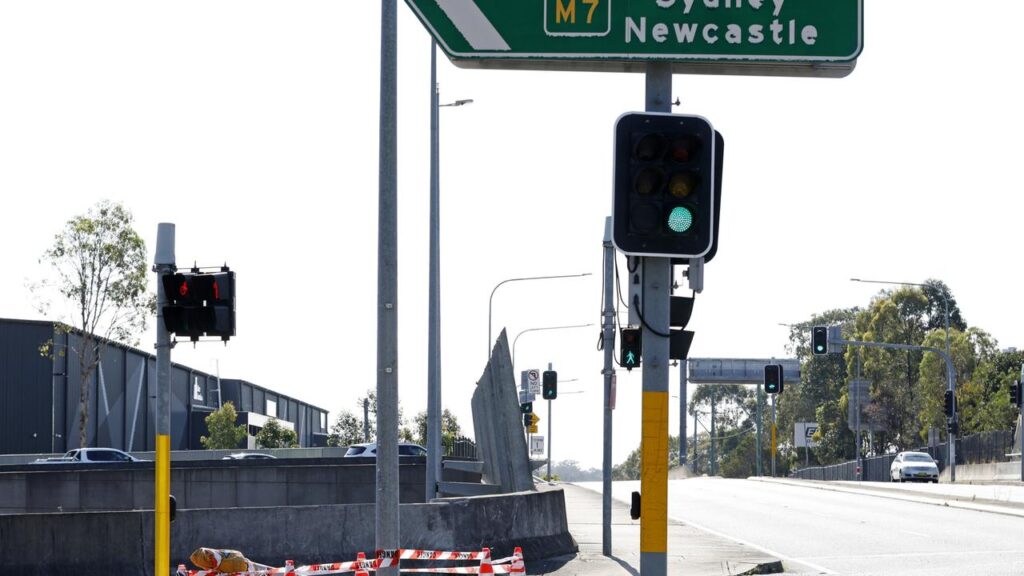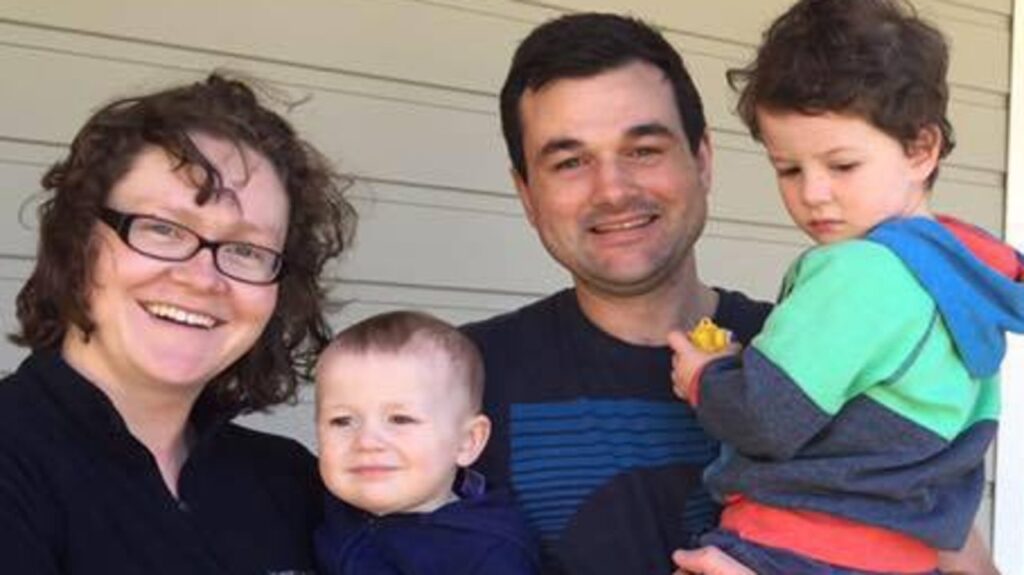State government invests $38m to drive out domestic violence from communities
Written by admin on September 13, 2024
A new strategy to drive out family and domestic violence before it starts will be rolled out across schools, community groups and workplaces in one Australian state which hopes to shift attitudes and behaviours through primary prevention programs.
The NSW government has committed $38m to develop new initiatives for early education centres, schools, sporting clubs, workplaces and local communities under Pathways to Prevention: NSW Strategy for the Prevention of Domestic, Family and Sexual Violence 2024-2027.
The strategy will build on other programs that are already funded by the NSW government that take place across schools and rugby league clubs including Respectful Relationships and Tackling Violence, along with the All-In project to challenge gender stereotypes in early childhood.
The strategy will establish a framework that responds to existing violence or indicators of violence in the community.
It was developed in consultation with more than 200 people and organisations including Domestic Violence NSW, Aboriginal stakeholders and Our Watch.
It will focus on prevention programs that shift community attitudes and behaviours underlying these types of violence so it can be stopped before it starts in the long-term.
According to Our Watch, 2 in 5 Australian women have experienced violence since the age of 15, with about 35 per cent of women experiencing violence from a person they know rather than a stranger.
On average, one woman is killed by her current or former partner every nine days.
Premier Chris Minns said NSW had a long road ahead to catch up to where it should be in terms of a statewide approach to primary prevention.
“But not doing this work is simply not an option, the stakes are far too high,” he said.
“The state’s first dedicated primary prevention strategy is an important step for NSW as we continue our work to create safer communities for women and children.
“We need to invest in this work now, to help prevent more lives being ended or ruined in years or even decades to come.
“This framework will be the foundation of our efforts to not just respond to violence once it has occurred, but to stop it before it starts.”
Deputy Premier Prue Car said when young people were taught in their early formative years about resilience, respect and safety in relationships, it had an incredible impact on the people they became.
“When you teach a child respect and resilience at an early age, and build their self-esteem, it becomes a part of the fabric of who they are,” she said.
“They grow up knowing what healthy, respectful and equal relationships look like.
“Education is one of the most powerful tools we have to change behaviours and attitudes, leading to a positive society where women and children are able to live in a safer NSW.”
Minister for Aboriginal Affairs and Treaty David Harris said domestic and family violence did not discriminate – it impacted every single community across NSW.
“However, we also know that Aboriginal communities experience domestic violence at much higher rates than other communities,” he said.
“The priorities, views and knowledge of Aboriginal communities will be central as the NSW government continues work in this space.”
Minister for the Prevention of Domestic Violence and Sexual Assault Jodie Harrison said for too long the government had focused on a crisis response to sexual and domestic violence, picking up the pieces of broken families and lives that have been shattered.
“The Pathways to Prevention strategy provides a holistic approach to stop violence before it starts and complements ongoing initiatives which support victim-survivors and ensure perpetrators are held to account,” she said.
Domestic Violence NSW chief executive officer Delia Donovan said the state’s first primary prevention strategy was a crucial step in the long-term prevention of violence against women and children.
“Domestic Violence NSW recommended prioritising prevention efforts led by grassroots and First Nations communities – the strategy launched today inspires confidence with the knowledge that our feedback has been heard.
“We’re pleased to see schools and early learning centres, workplaces, sports clubs and grassroots community organisations central within this strategy and this change-making journey.”






